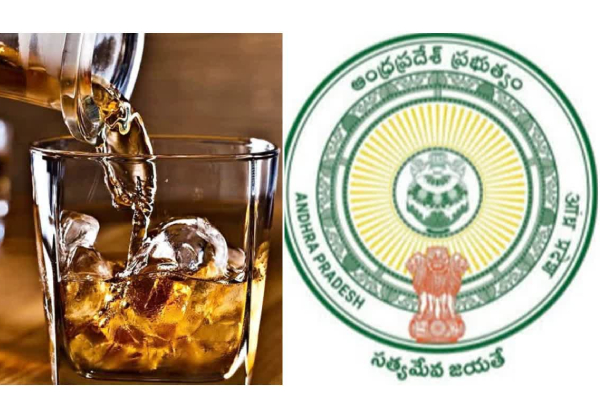Andhra Pradesh’s government has announced a major shift in its liquor policy, moving from state-run shops to private ownership. This new policy, set to take effect from October 12, marks a significant change in the state’s approach to alcohol sales.
Under the new rules, 3,396 liquor licenses will be issued to private individuals. The policy will remain in effect for two years, until September 30, 2026. Applications for these licenses are now open, with both online and offline options available. Interested parties can submit multiple applications, each requiring a non-refundable fee of Rs 2 lakhs.
The license distribution process will culminate in a lottery draw on October 11, overseen by district collectors. Successful applicants can begin operating their shops from October 12. This transition period will see the continuation of government-run shops until the new private stores are established.
License fees vary based on local population, ranging from Rs 50 lakhs in areas with less than 10,000 people to Rs 85 lakhs in regions with over 5 lakh residents. These fees will increase by 10% in the second year and can be paid in six annual installments. Retailers will enjoy a 20% profit margin.
The policy also introduces ‘model stores’ outside municipal corporations and 12 premium stores in major cities like Vijayawada and Visakhapatnam. These premium outlets will operate under a five-year license, costing Rs 1 crore annually.
In a move to make liquor more affordable, the government has reduced taxes, bringing down the price of a quarter bottle to Rs 99. This decision reverses the price hikes implemented by the previous administration.
Additionally, a new narcotics control duty will fund initiatives against drug abuse and support rehabilitation centers. The policy also addresses geographical restrictions, prohibiting liquor shops in certain areas of Tirupati and near specific landmarks.
This comprehensive overhaul of Andhra Pradesh’s liquor policy represents a significant shift in the state’s approach to alcohol sales and regulation, balancing revenue generation with social responsibility measures.
-Sanyogita

































